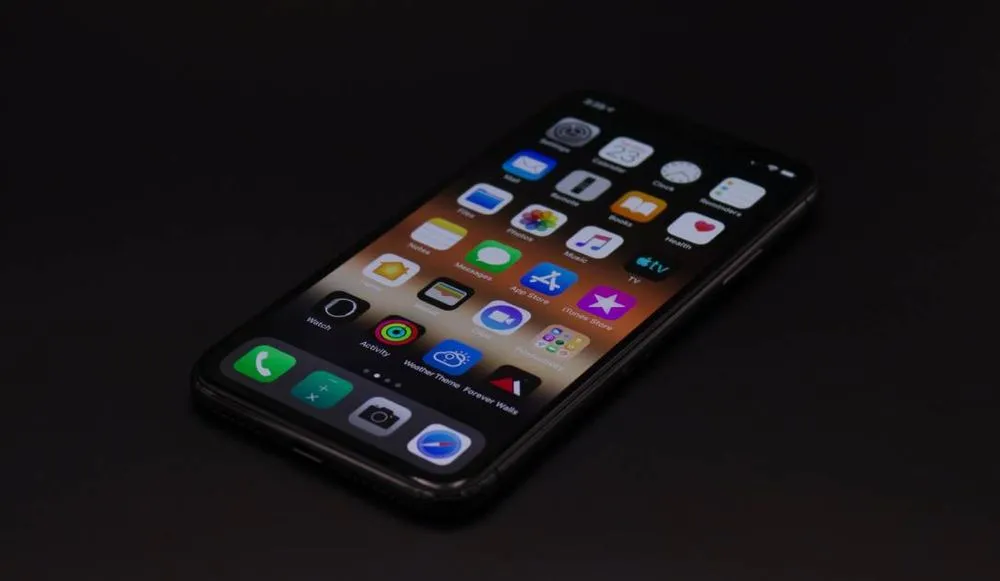UK court says dissident can sue the Saudi government for targeting him with spyware
The United Kingdom’s High Court greenlit a prominent dissident’s legal challenge against the Saudi Arabian government for allegedly deploying powerful zero-click spyware against him.
The court ordered that Yahya Assiri, a Saudi human rights activist who now lives in the U.K., is allowed to bring a case in London, which could trigger a trial unless the Saudi government decides to settle or the case is dismissed.
The Saudi government has previously argued that spyware lawsuits cannot proceed due to Saudi Arabia’s sovereignty, Assiri said in a voice message responding to questions from Recorded Future News.
“For me, [the court’s decision] means a lot because it means that we can put some accountability on the violators,” Assiri said. “The main issue is if they violate human rights and abuse us without paying any price, they will continue to do it.”
“When we brought them in front of the legal system, they will think twice before they are doing this,” he added.
He will abandon the lawsuit if Saudi Arabia releases other dissidents whom it has jailed, Assiri said. He said his main goal is to liberate human rights activists inside the country, not to get money from the Saudi government.
“I can drop the case if there is good intention from the Saudis to admit the crimes and to start to do reform, and the first step in the reform is to free the prisoners of conscience,” he said.
Multiple human rights activists and dissidents whose phones were allegedly infected with spyware by the Saudi government are now being held in prison by the regime.
Human Rights Watch called the court’s decision an “important step toward accountability for the Saudi government.”
The court issued its ruling on Oct. 11, but the decision was only announced Monday.
A good friend of slain Saudi journalist Jamal Khashoggi, Assiri has been a longtime and vocal critic of the Saudi regime. Now the director of a London-based human rights organization, Assiri helped found a Saudi opposition party.
He left the country in 2013 due to fears over his safety.
Assiri’s phones were infected with spyware known as Pegasus, manufactured by the Israeli company NSO Group, as well as another form of spyware developed by QuaDream, a now defunct Israeli spyware company.
Spyware, particularly Pegasus, has been found on the phones of scores of human rights defenders, journalists, dissidents and political opposition figures worldwide.
While NSO Group claims that it only sells its spyware to governments — which it refuses to name — for use in law enforcement and intelligence operations, Pegasus has frequently been deployed to target and sometimes infect the phones of those who oppose or report on ruling parties and others who defend human rights.
Assiri alleges that Saudi authorities targeted him with the spyware between 2018 and 2020.
In August 2018, Amnesty International’s Security Lab announced that it had found suspicious SMS and WhatsApp messages on Assiri’s phone, which it said were sent in attempts to place Pegasus on his device.
The Saudi government later used QuaDream-manufactured spyware as well as Pegasus to infect Assiri’s phones, he said.
A University of Toronto-based research institute, Citizen Lab, has found a number of other victims of Pegasus phone hacking who are tied to Saudi Arabia.
In 2018, Citizen Lab concluded that a phone belonging to Omar Abdulaziz, a Saudi dissident who fled to Canada, was infected with Pegasus.
Abdulaziz and Khashoggi were close collaborators on projects designed to undermine the Saudi regime and spoke on the phone often, Abdulaziz has said, suggesting that those conversations contributed to the journalist’s killing.
Two other exiled Saudi dissidents and a New York Times reporter covering Saudi Arabia also were targeted with Pegasus, Citizen Lab announced in 2020.
Another prominent Saudi human rights activist, Loujain al-Hathloul, is in a Saudi prison for speaking out about the country’s ban on women driving. She is suing the United Arab Emirates-based spyware manufacturer DarkMatter Group and three of its former executives for illegally hacking her iPhone on behalf of the Saudi government.
Suzanne Smalley
is a reporter covering digital privacy, surveillance technologies and cybersecurity policy for The Record. She was previously a cybersecurity reporter at CyberScoop. Earlier in her career Suzanne covered the Boston Police Department for the Boston Globe and two presidential campaign cycles for Newsweek. She lives in Washington with her husband and three children.



